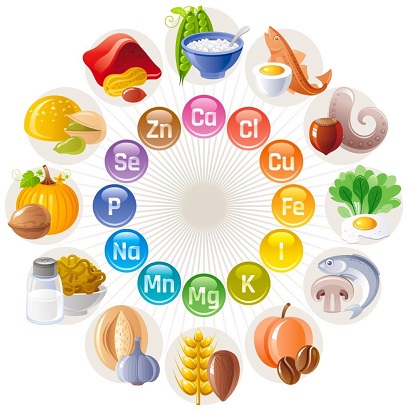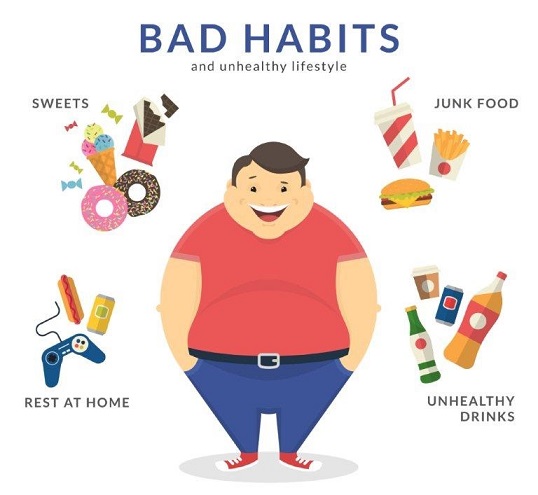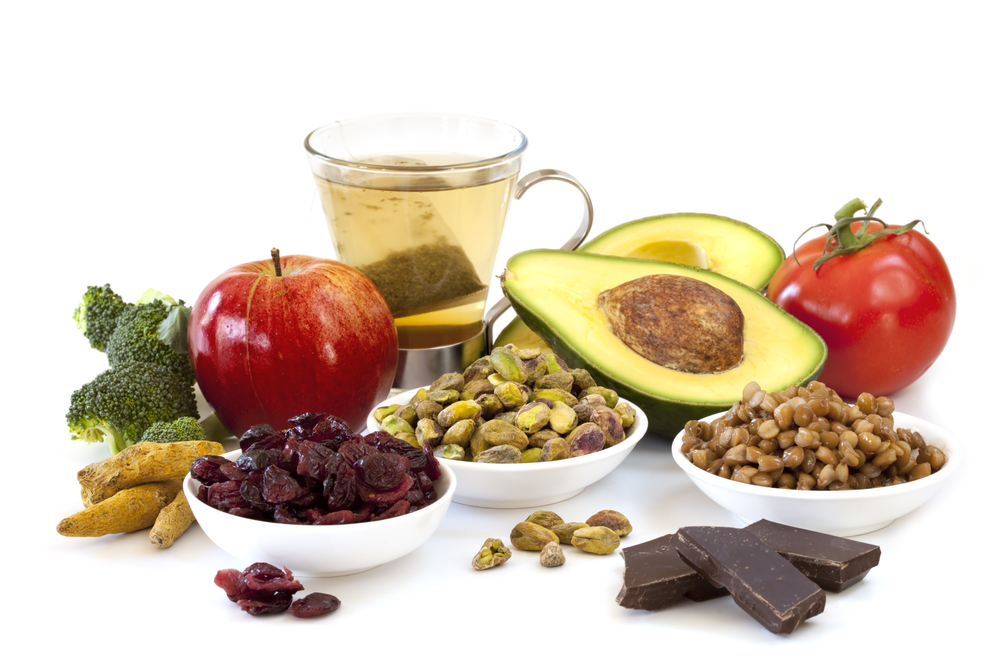Does Sugar Cause Inflammation in the Body?

Sugar is a standard ingredient in most people’s everyday meals. It’s found in many processed foods, like sweets and desserts, and less apparent sources, like bread and sauces. However, the widespread consumption of sugar has serious consequences. Its high intake has been linked to various medical issues, causing concerns among healthcare specialists and dietitians.
One of the most significant health risks associated with sugar is its potential to trigger inflammation throughout the body. Chronic inflammation has been connected to numerous major health problems, including heart disease and diabetes.
What is inflammation?
Inflammation is the body’s natural defence mechanism against harmful stimuli such as pathogens, damaged cells, and irritants. This complex biological response involves various components of the immune system, including immune cells, blood vessels, and molecular mediators.
When foreign substances like viruses, bacteria, or toxins enter the body, or in cases of physical injury, the immune system attempts to either trap harmful agents or start the healing of injured tissue. This process is known as the inflammatory response.
There are primarily two types of inflammation:
- Acute Inflammation: This type of inflammation is the body’s immediate reaction to tissue damage or infection. Acute inflammation typically lasts from a few hours to several days, depending on the severity of the injury or infection.
- Chronic Inflammation: In contrast, chronic inflammation occurs when the body continues to send inflammatory cells even in the absence of external threats.
Can sugar cause inflammation?
The relationship between sugar and inflammation is a key aspect of modern health concerns. Excessive intake of added sugars and refined carbohydrates is closely linked to an increase in inflammation within the body. This connection is particularly evident in cases of insulin resistance and weight gain, commonly associated with high-sugar diets.
Sugary drinks and snacks are a significant factor in chronic inflammation, with higher sugar diets correlating with increased inflammatory markers like C-reactive protein in the blood.
How does sugar cause inflammation?
The intake of sugar stimulates the liver to produce free fatty acids, a key factor in the sugar inflammation process. These fatty acids, when digested, can trigger inflammation within the body. Moderate consumption of certain sugars may significantly increase fat production in the liver, leading to conditions like fatty liver disease and type 2 diabetes.
What is the impact of different types of sugar?
The different types of sugars—including fructose, glucose, and sucrose—have distinct effects within the body that impact health and inflammation in multiple ways.
For instance, high consumption of fructose is associated with an increased risk of non-alcoholic fatty liver disease (NAFLD). NAFLD involves the accumulation of surplus fat inside liver cells, which may advance to liver inflammation and damage over time.
On the other hand, a high intake of glucose can result in insulin resistance, increased gut permeability, and a heightened risk of heart-related issues.
What are the risks of chronic inflammation?
High sugar diets pose the threat of chronic inflammation, which can in turn result in conditions such as:
- Cancer: Prolonged inflammation may damage DNA, increasing the risk of cancers like colon cancer.
- Heart Disease: Inflammation damages the inner lining of blood vessels, this can increase the risk of heart disease and stroke.
- Type 2 Diabetes: Chronic inflammation is linked to insulin resistance which is a leading cause of type 2 diabetes.
- Obesity: Obesity paired with inflammation contributes to the development of metabolic disorders.
How to manage inflammation?
Effectively managing inflammation involves a combination of lifestyle changes and dietary choices:
- Anti-Inflammatory Diet: Incorporate foods known for their anti-inflammatory properties, such as fatty fish, leafy greens, nuts, and fruits like berries.
- Reduce Sugar and Processed Foods: Limit intake of sugar and processed foods, which can exacerbate inflammation.
- Regular Exercise: Engage in regular physical activity, which can help reduce inflammation.
- Adequate Sleep: Ensure sufficient and quality sleep, as poor sleep patterns can contribute to inflammation.
- Stress Management: Practise stress-reduction techniques like meditation, yoga, or deep breathing exercises.
To ensure that blood sugar levels are in check, it’s advisable to get blood glucose level tests regularly.
FAQs
1. Is sugar bad for inflammation?
Sugar inflammation is a significant concern in nutritional science. Yes, sugar can exacerbate inflammation in the body. A high intake of refined sugars triggers the release of inflammatory messengers called cytokines, which can worsen inflammation, particularly in chronic conditions.
2. How to reduce inflammation?
To combat sugar and inflammation, it’s essential to minimise the intake of processed and high-sugar foods. Adopting a balanced diet rich in whole foods, increasing physical activity, and managing stress levels can effectively reduce inflammation levels in the body.
3. What are some anti-inflammatory foods?
Anti-inflammatory foods include omega-3-rich fish like salmon, leafy green vegetables, nuts like almonds and walnuts, fruits such as blueberries and oranges, and spices like turmeric and ginger. These foods help combat inflammation by providing antioxidants and essential nutrients.














